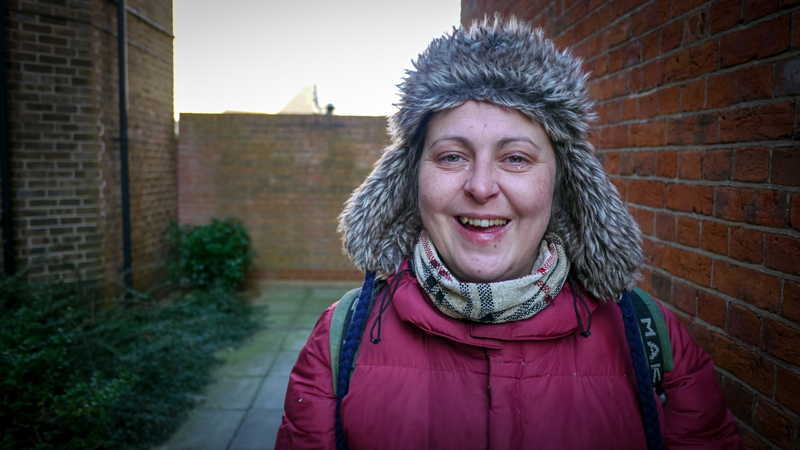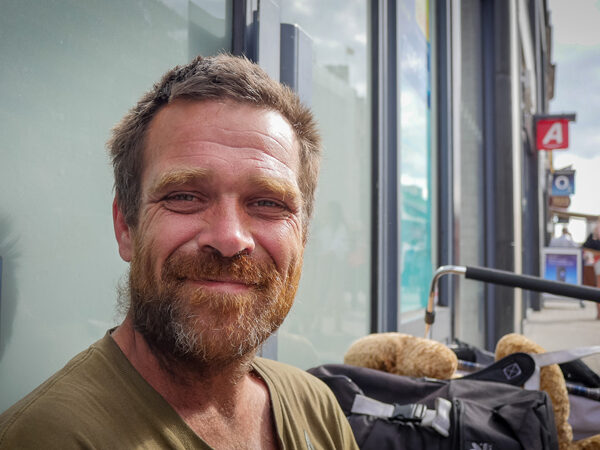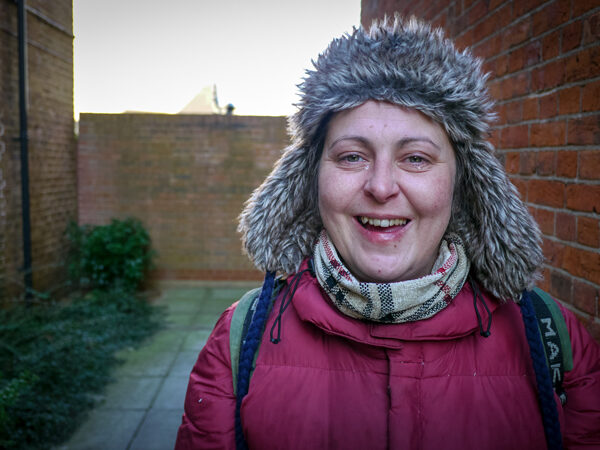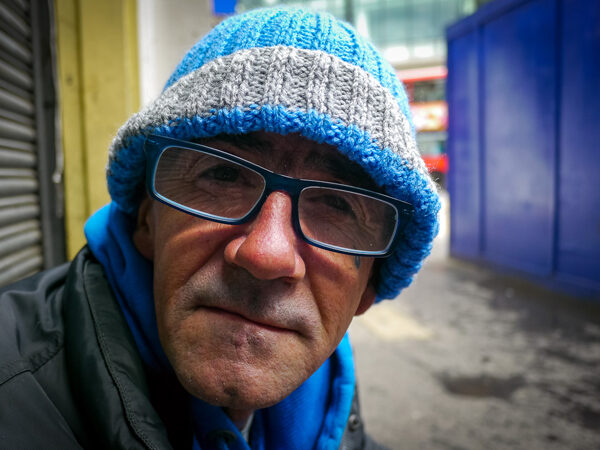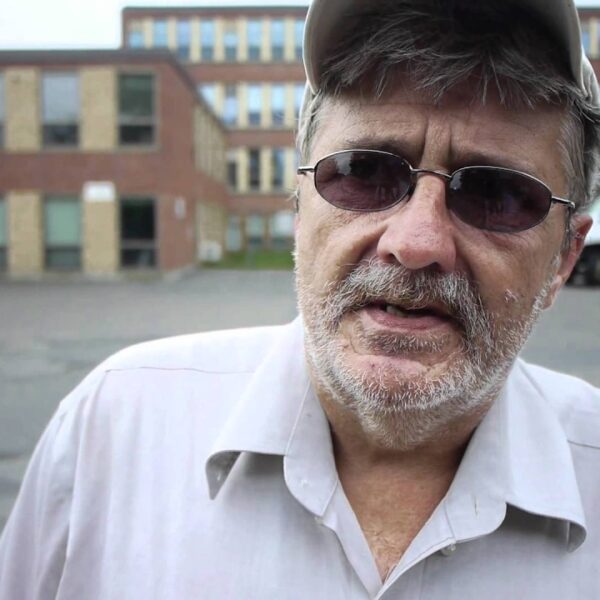In the United Kingdom, solutions put forth to end homelessness are similar to those championed by advocates in the U.S. One organization leading the charge is Crisis, a national charity dedicated to addressing United Kingdom homelessness.
Crisis has published a long-term plan to end homelessness permanently aimed at the governments of England, Scotland and Wales. The plan also documents all the necessary evidence-based solutions. This includes solutions for how to prevent homelessness, re-house people as quickly as possible, and end rough sleeping.
A few of the specific recommendations include:
- Ensuring emergency shelter/accommodations (e.g., hostels) are always available for those in immediate need until they are able to access permanent housing.
- Making “Housing First” one of the default options for anyone homeless with complex needs. Housing First is a model that puts people into housing immediately, no matter their needs, rather than waiting for them to meet other health or employment goals first.
- 100,500 new “social homes” to be available each year for the next 15 years to meet the needs of homeless people and people on low incomes – including those at risk of homelessness.
- Ensuring that no one leaves state institutions like prisons or the care system without a safe place to live using proven interventions such as Critical Time Intervention. (This is an evidence-based approach that helps people move quickly into their own home and connects them to community supports).
United Kingdom Homelessness and Youth
The UK has other goals specific to youth homelessness. As in the U.S., poverty, emotional abuse, and domestic violence contribute to home environments where young people feel unsafe living.
Centrepoint is a nonprofit serving young people in the UK. According to their research, 59 percent of their clients became homeless due to family relationship breakdown. Therefore, one way to combat youth homelessness is to prevent problems at home from escalating to the point that individuals feel they have to leave.
Despite controversial policy proposals to cut housing aid to 18-21 year-olds, activists fought to keep benefits for young people. The conversation on ending homelessness also shifted to include young adults, not just single adults and families. The Crisis plan for addressing homelessness also includes funding for family mediation to prevent youth homelessness.







